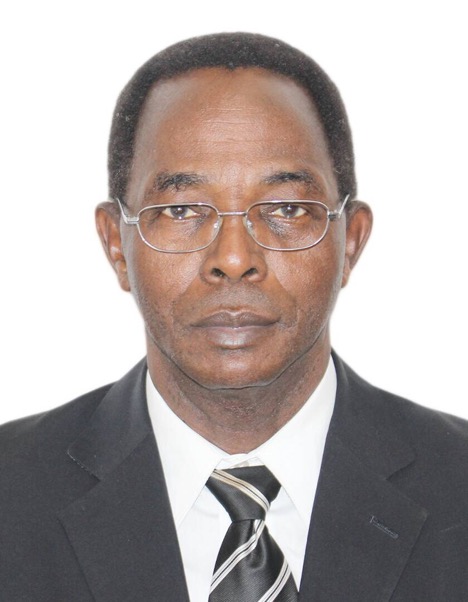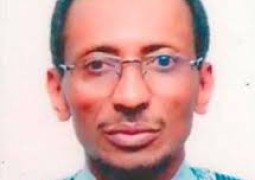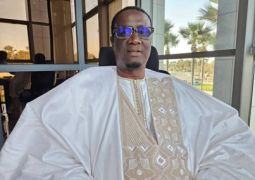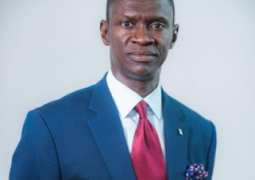
Effective governance requires distinguishing between constructive criticism and political opposition. When citizens express concern over the deaths of children from contaminated Indian syrups, demand fiscal responsibility, or advocate for merit-based appointments, these represent legitimate public interests rather than opposition rhetoric.
The government’s response to such concerns will reveal its commitment to public welfare.
The current administration faces systemic challenges that demand urgent attention. The civil service, including foreign service, suffers from excessive politicization. Professional judgment is frequently compromised by political considerations and job security fears. This has led to confused policy direction, with political guidance often superseding technical expertise.
Financial management remains problematic. Budget allocations heavily favor recurrent expenditure over development initiatives.
Senior positions often go to political allies rather than qualified professionals. Fiscal and monetary policies are sometimes disregarded, while those who raise concerns about mismanagement risk being branded as opposition sympathizers.
The President’s commitment to prioritizing public welfare in the development agenda faces implementation challenges. Political sycophants, driven by self-interest, often shield the leadership from ground realities. This transactional politics, where individuals join the ruling party purely for position and privilege, undermines governance effectiveness.
Success in governance requires listening to citizens and adapting development strategies to meet their needs. This demands rational, evidence-based decision-making rather than emotional or politically expedient choices. True national progress depends on prioritizing public service over political patronage.
Moving forward requires:
- Depoliticizing the civil service
- Implementing merit-based recruitment
- Balancing development and recurrent spending
- Fostering honest policy dialogue
- Prioritizing national interest over political gain
It will be recalled that the President himself had said in one of his addresses to the Nation that the concerns and welfare of the people will be given priority attention in the development agenda of his government. The politics of denial in matters of public concern will not help steer the Nation in the right direction. It becomes an enemy of progress. There is no government that is 100% perfect. There are bound to be mistakes in policy decisions and shortfalls in the running of the country. Therefore, it is wise and politically feasible for necessary adjustments to be conducted in the development process to the benefit of the people and the Nation at large. The country should move on. In fact, the Meet the Peoples tour is to afford the President the opportunity to hear the concerns, felt needs of the people and to gauge the progress of govt projects etc so that upon his return to State House, govt will conduct the necessary adjustments to the development agenda. The President during the past tour had articulated very well the achievements of his government and what he intended to do to bring more development to the country. If there are other concerns which need to be addressed to keep the country in good state, why should the people not have the right to say so loud and clear.
The path to better governance lies in embracing constructive criticism and implementing necessary reforms, regardless of their political implications.





